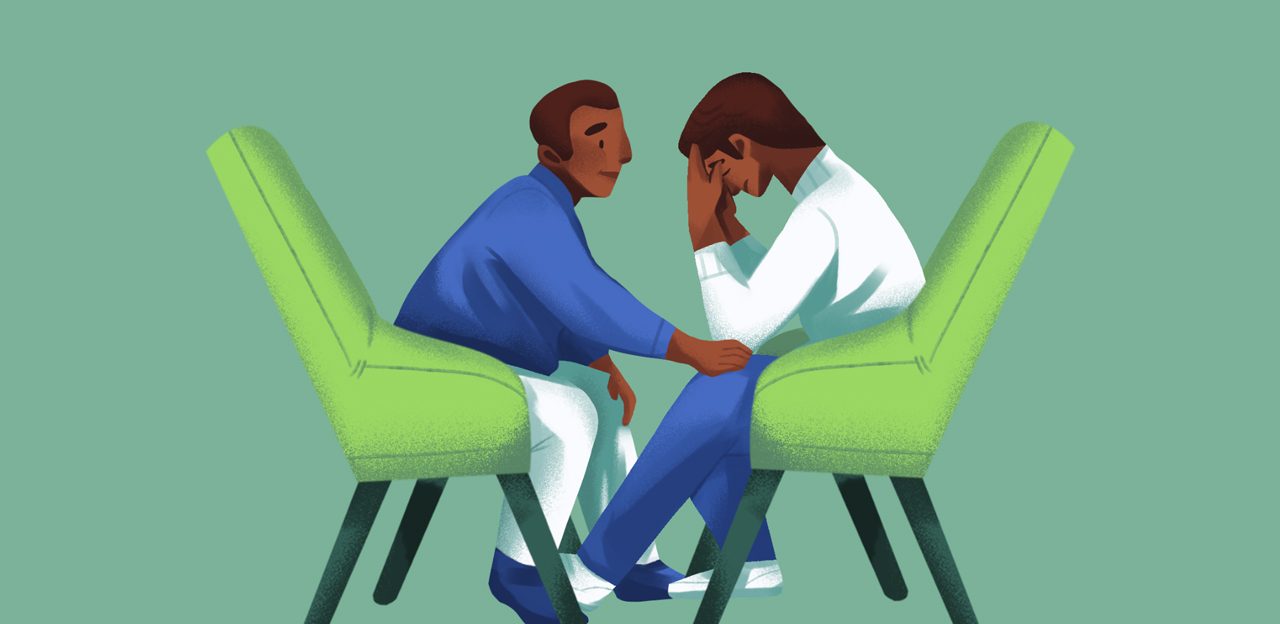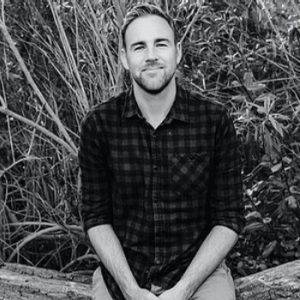A person experiences grief when he or she loses someone or something precious to them. It is a process that involves five stages, such as denial, anger, bargaining, depression, and acceptance. While some people can overcome their grief over time, others require support through grief therapy.
The framework for feeling grief has evolved over the years, with research indicating that people may experience the stages in varying sequences, and the effects may also differ in nature and duration.
What is Grief Therapy?
Grief counseling is a form of individualized therapy developed to help people cope with the stages of grief and loss. Psychologists, grief counselors, certified therapists, and psychiatrists conduct their sessions with the following objectives:
- To accept the reality of loss
- To persevere through the emotional pain
- To adapt to the change
- To maintain a connection with the absent person, pet, or object
What are the Techniques Used in Grief Therapy?
Therapists use cognitive behavioral therapy (CBT) or psychotherapy techniques to help patients through the grief process. Some of these are:
- Helping patients build coping strategies against negative emotions
- Asking patients to describe their thoughts and feelings
- Guiding patients to talk about their experience of loss through group therapy, art therapy, talk therapy, play therapy, etc.
- Identifying unhealthy behaviors toward grief
- Helping patients establish new and stronger relationships
- Establishing a healthy diet for patients who have trouble eating properly
What are the Benefits of Grief Counseling?
People who attend grief loss therapy or bereavement counseling sessions can:
- Learn to accept the loss and its accompanying emotions
- Improve their coping skills
- Find refuge in the happy memories of the late family member
- Go through the grieving period and healing process in a safe and supportive environment
- Access support groups
- Find ways to overcome depressive symptoms, alcohol abuse, drug abuse, the aftermath of a violent death of a loved one, traumatic grief, chronic grief, etc.
Where to Find Trusted Professionals?
If you are one to seek grief counseling, you can find resources on websites of grief, loss, and coping organizations. In addition to research materials, you may also find grief therapists who are affiliated with them.
Some of the prominent grief coping organizations in the country are the following:
- American Counseling Association
- American Psychiatric Association
- American Association of Suicidology (AAS)
- National Alliance on Mental Illness (NAMI)
- Substance Abuse and Mental Health Services Administration (SAMHS)
You can also check with your health insurance provider which practices or institutions honor their policies. Furthermore, there are apps that provide access to licensed and experienced therapists. Just be sure to verify their affiliations and the type of counseling services they offer.
Ask if they provide in-person consultations, virtual counseling, telehealth services, or complicated grief or prolonged grief disorder advocacy groups, depending on which you are inclined to avail.
Individual Therapy Sessions at Keil Psych Group in Newport Beach
Grief is a universal and individualized experience. While everyone goes through it, not all are able to go through it on their own—and that’s okay. This is why we have mental health professionals who take the time to study and train how to help others cope with loss and anxiety.
At Keil Psych Group, we offer in-person and telehealth psychotherapy, stress management, individual therapy, and complicated grief therapy sessions. You can book an appointment with our marriage and family therapists and clinical psychologists through the details on our website.
We also collaborate with other health professionals like primary care docs and nutritionists to develop personalized treatments. Contact us at 714-334-5497 at Keil Psych Group today!





